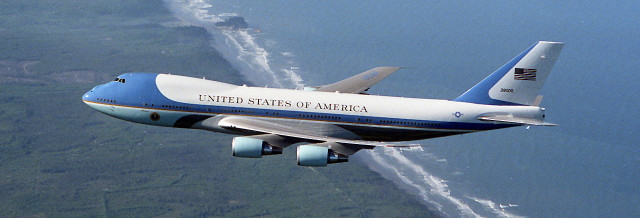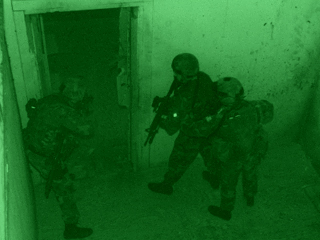Air Force One Deal May Not Be Such a Deal

By Debbie Gregory.
We previously wrote about the deal for two new Air Force One airplanes that President Trump was trying to negotiate with Boeing CEO Dennis Muilenburg. After talks stalled, the president stepped in to push through a fixed-price deal that would require Boeing to buy the planes at an agreed price. Boeing would then be responsible to absorb any cost overruns.
The list price for one of Boeing’s 747-8s is $351.4 million, but the stock jumbo jets require significant and timely modifications before they will be ready to transport a president.
The president asked for the new planes to be done by 2021, the beginning of what would be a second term, which is three years sooner than the original plan of 2024. The two 747s are in California now, and although Boeing will be done upgrading the planes by then, but the Air Force testing requirements could take an additional three years.
And upon closer investigation, it now looks like that “informal” $3.9 billion deal for the two planes may not be such a deal.
It appears that a “fixed-price contract” is not the same thing as a “firm, fixed-price” contract. And that could be a problem.
Boeing officials have always been and remain adamantly opposed to a firm, fixed-price deal. Given that Boeing has had to absorb more than $2 billion in cost overruns while developing the Air Force’s new refueling tanker, it is no wonder that the company is trying to avoid the same situation with refitting the two commercial 747s for presidential use.
The current Air Force One planes began service in 1990 under former President George H.W. Bush and they are reaching near the end of their planned life.











